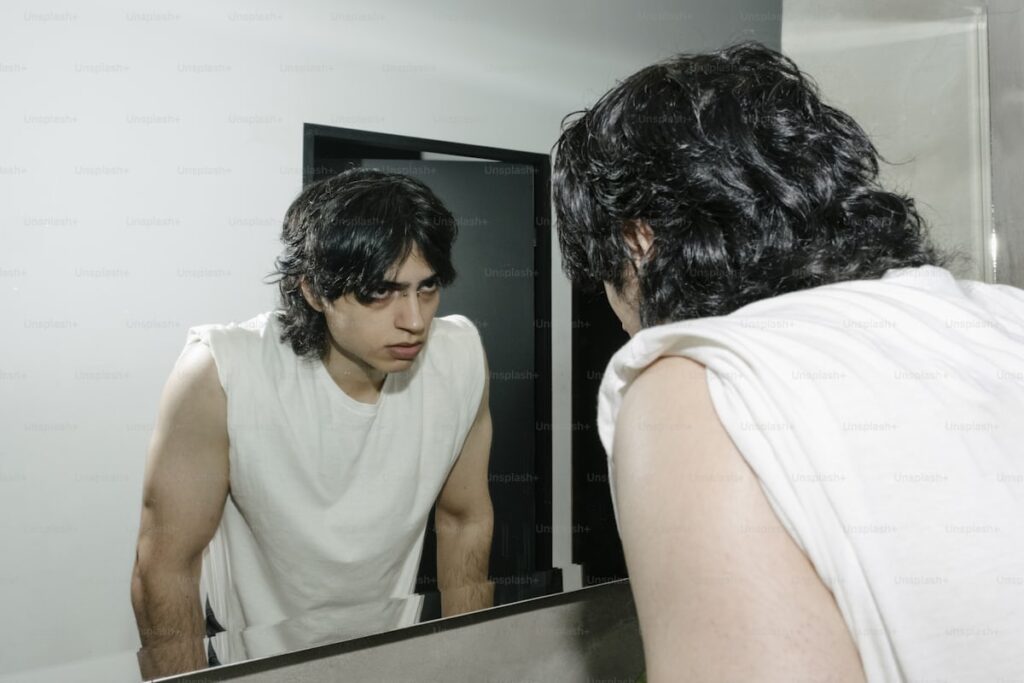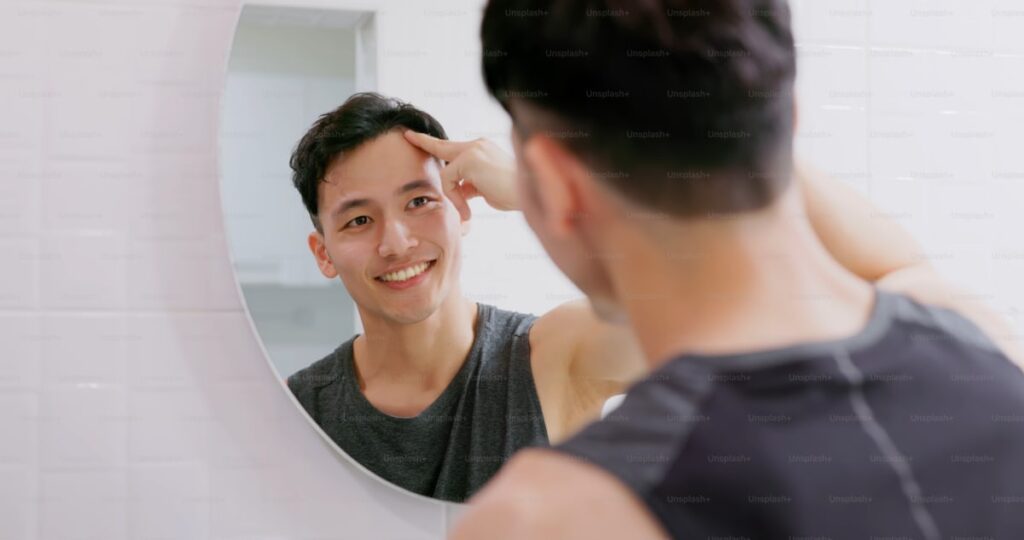Over the past decade,self-improvement has dominated the digital content space. From productivity hacks to mindset coaching, the niche exploded with creators eager to help others “be their best selves.” But in 2025, the tides have shifted. What was once a booming goldmine for creators and entrepreneurs is now showing clear signs of fatigue. Let’s explore why the self-improvement niche may be the worst place to plant your flag this year. Self-improvement niche
Self-improvement nichehealth

Oversaturation Has Killed Originality
The self-improvement niche has become incredibly crowded. Thousands of YouTubers, TikTokers, bloggers, and coaches are all pushing similar messages: wake up early, read more books, go to the gym, meditate daily. While these habits are undeniably positive, the repetitiveness is numbing. Audiences are growing tired of hearing the same recycled advice, just with a different aesthetic or voiceover.
When a niche becomes this saturated, it’s nearly impossible to stand out unless you’re already an established figure. New creators are finding it difficult to get noticed in the noise, which makes the niche far less appealing in 2025.
Trust Is Fading Fast
Another major problem is the growing skepticism toward self-improvement influencers. Too many “experts” have been caught selling overpriced courses with vague promises or rehashed material. Audiences are becoming more discerning, questioning the credibility of creators who claim to have all the answers to life’s problems.
People are no longer as easily impressed by morning routines and bookshelf backdrops. They want authenticity, lived experience, and transparency—qualities often lacking in this niche today.
The Rise of “Anti-Self-Help” Culture
A subtle but powerful shift is happening online: people are embracing imperfection. In 2025, there’s a growing movement that challenges the endless pursuit of optimization. Mental health advocates, Gen Z creators, and disillusioned millennials are pushing back against the idea that productivity equals self-worth.
This “anti-self-help” wave is about accepting who you are now, rather than constantly striving to be someone else. In such a cultural climate, traditional self-improvement content feels outdated, if not harmful.
Monetization Is Getting Tougher
Monetizing self-improvement content has also become more difficult. Ad revenue is down across platforms, and affiliate products in this niche (like journals, books, and courses) are heavily promoted—making competition fierce. Unless you already have a loyal following, it’s hard to turn your content into consistent income.
What’s more, the audience is less willing to invest. People have spent years buying into programs that promised transformation and delivered little. This buyer fatigue means less trust and fewer sales.
What Creators Should Do Instead
If you’re considering entering the self-improvement space in 2025, it may be time to pivot. Instead of selling “perfect lives,” focus on relatable storytelling. Instead of pushing routines, highlight real human struggles and growth.
Niches like mental wellness, productivity for neurodivergent people, or life design after burnout are carving a new path. These sub-niches allow for depth, authenticity, and true impact—without falling into the clichés of self-help.
Final Thoughts
The self-improvement niche isn’t dead—but it’s definitely not what it used to be. In 2025, the audience craves more honesty and less perfection. If you’re a creator or entrepreneur, think twice before entering this oversaturated space. And if you do, come with something real to say.
